Kyiv
When Winston Churchill visited bomb sites during the Blitz, the most common sentiment he heard was, ‘We can take it!’, followed closely by ‘Give it ’em back!’. That emotion is very evident in Kyiv, where Ukrainians are understandably nonplussed at opposition in some British newspapers like the Times to their drone attacks on Moscow. They point out that they are attacking military targets there, unlike Russia’s terror attacks on civilians.
I was in Kyiv as part of General David Petraeus’s delegation to a conference organised by the Cipher Brief, a national security-focused media organisation. He and I are publishing a book entitled Conflict: The Evolution of Warfare From 1945 to the Russian Invasion of Ukraine in October, which includes a chapter on the future of war, so it was invaluable to meet special-operations, military-intelligence, cyber-security and army officers. For all that we learnt about the probable future of warfare, however, the banshee wail of sirens is an atavistic sound redolent of its past.
I downloaded the Air Alarm Ukraine app, which proved useful in warning about the nightly air-raids, but despite being attacked by more than 400 Iranian Shahed drones and 114 cruise missiles in the past month, Kyiv is in fact one of the less unsafe cities, as it is superbly protected by the Patriot anti-missile system. An aide to President Zelensky joked that just as celebrities are given lifetime supplies of products they promote, Ukraine should get a lifetime’s supply of Patriot missiles from its manufacturer Raytheon. The attacks on Kyiv have cost Russia $1.7 billion, which Ukrainians point out it can only afford because European countries still buy so much of its oil and gas.
Earlier in the war another kind of patriot shot at drones: Kyiv citizens who went out on to their roofs to take potshots. Policemen would jump out of their cars to fire at drones. Unfortunately, the bullets that missed had to land somewhere, so eventually Kyiv’s charismatic mayor Vitali Klitschko had to ask people to stop doing it. At dinner with Vitali and his younger brother Wladimir, a former heavyweight world champion boxer, they emphasised the huge advantage to the West of admitting an army of 900,000 seasoned veterans into Nato once the war is won. Similarly, the head of Ukraine’s territorial army pointed out that his command is twice the size of the entire British Army (before kindly presenting me with a dagger). If Nato fails to indicate at least a long-term path to future membership at the Vilnius Summit on 11 July, we will be missing a great opportunity, and probably also condemning Ukraine to future Russian aggression.
Visiting Bucha, where 116 Ukrainian civilians were executed (including two children and 30 women) and thrown into a mass grave behind a church, was a sobering experience. Irpin, where similar atrocities took place – as they probably have right across the Russian-occupied areas of Ukraine – still has the famous bridge of wooden planks over which so many refugees crossed to safety. The bridge is being rebuilt, but they ought to keep the planks as a memorial.
Viktor Khorenko, the commander of Ukrainian Special Operations, is a mountain of muscle with eyes like the slits of the pillboxes on the road to Hostomel airport. During our meeting at his HQ, an aide entered to warn of an air-raid. As I put my pen in my pocket and began to collect up my notes prior to getting up and going to the air-raid shelter, I noticed that no one else had moved. ‘Maybe close the drapes?’ was all that Petraeus suggested, but they didn’t even do that. The continual praise for the British government’s initiatives since even before the war started, especially Khorenko’s encomium to the SAS as the only foreign military force that had never left Ukraine since the invasion, made me proud to be British.
Idealistic young Ukrainians hope that when the crucifixion of their country is finally over, the present sense of national unity will allow a new Ukraine to emerge, free of the corruption that had discouraged western investment before the war. They want government infrastructure contracting to be transparent, and are thinking deeply about how to win the peace when it eventually comes. Here’s hoping. Slava Ukraini!
Got something to add? Join the discussion and comment below.
Get 10 issues for just $10
Subscribe to The Spectator Australia today for the next 10 magazine issues, plus full online access, for just $10.
You might disagree with half of it, but you’ll enjoy reading all of it. Try your first month for free, then just $2 a week for the remainder of your first year.

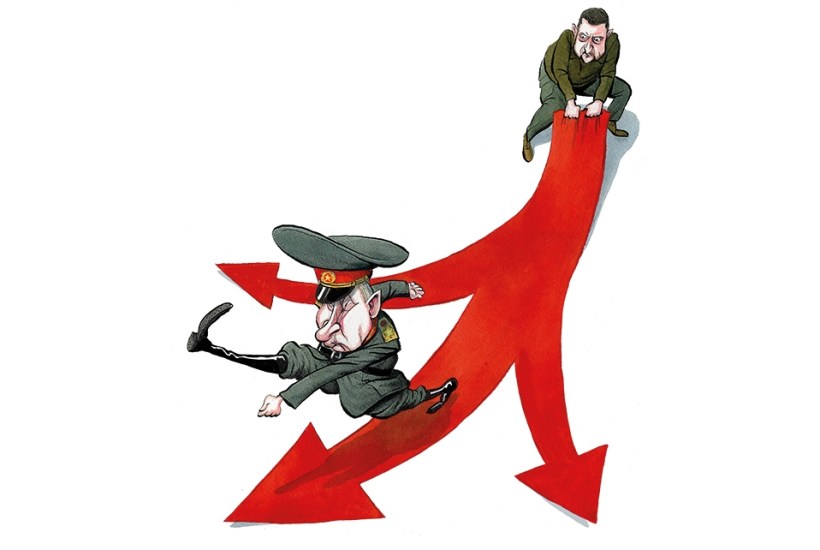
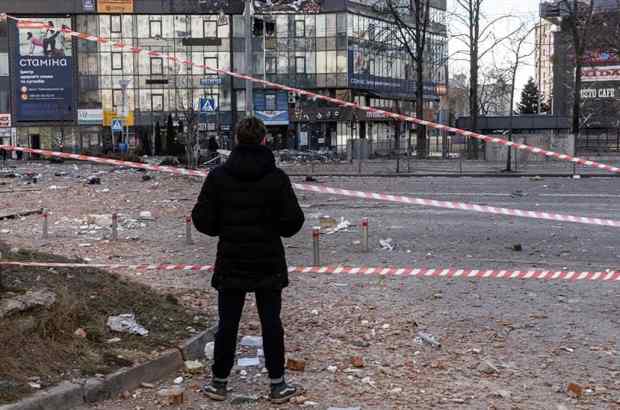

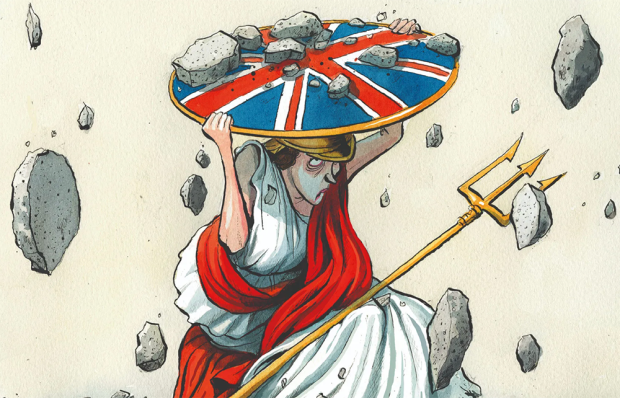

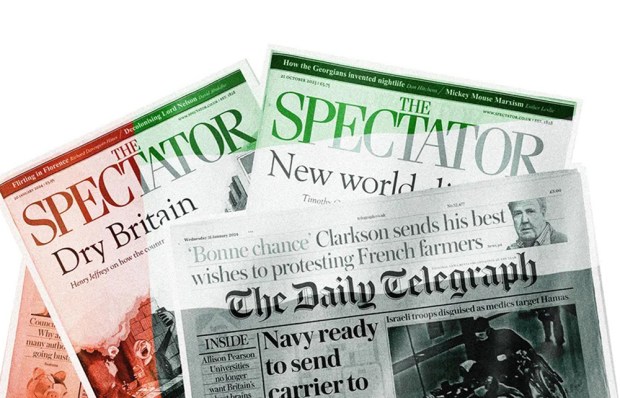
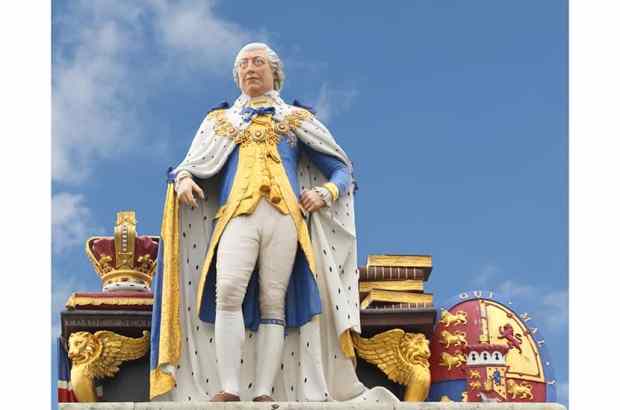






Comments
Don't miss out
Join the conversation with other Spectator Australia readers. Subscribe to leave a comment.
SUBSCRIBEAlready a subscriber? Log in